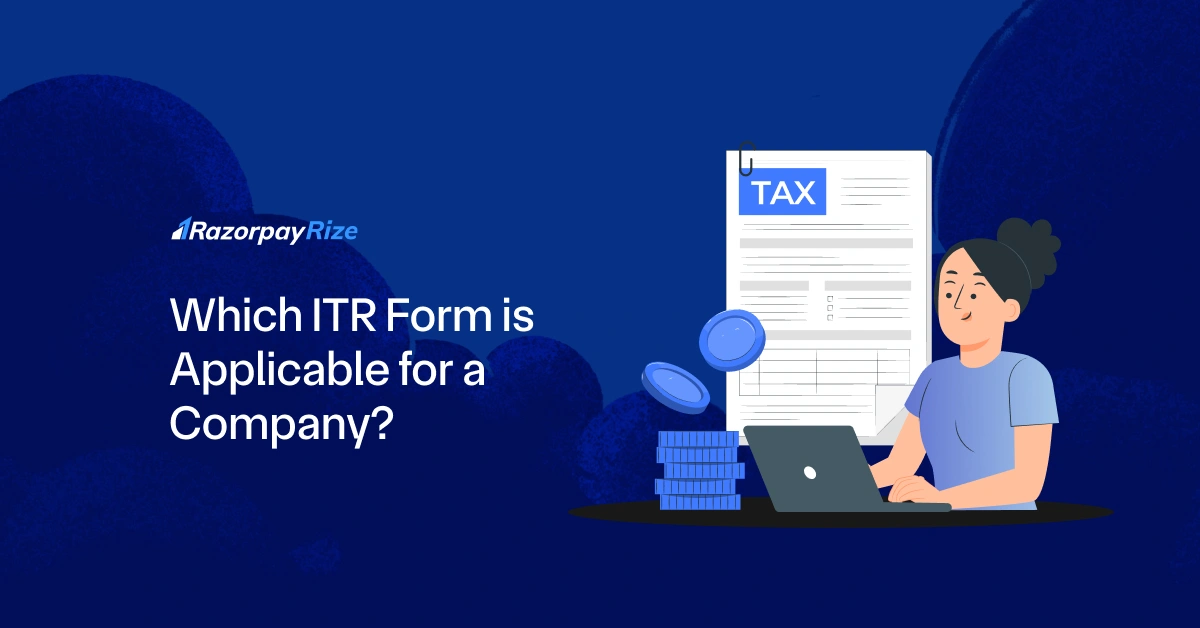The freedom to work on your own terms, choose your clients, and chart your career path makes freelancing an attractive option for many Indians today. With the rise of the digital economy, more professionals are ditching traditional jobs in favour of independent work.
Along with flexibility and autonomy comes the responsibility of understanding the legal, tax, and business aspects of freelancing in India. Many beginners wonder:
- Do I need to register as a freelancer?
- What about taxes and GST?
- How do I protect myself legally with clients?
We’ll simplify everything you need to know, from why freelancing is worth considering to taxes, contracts, and registration requirements, so you can confidently start your freelance journey.
Table of Contents
Why Start Your Own Freelancing Business in India?
Freelancing is much more than just escaping the 9-to-5 grind. It’s a path to professional freedom and personal growth. Here’s why many choose to start their freelance business in India:
- Independence: You control your schedule, projects, and clients.
- Earning Potential: With the right skills, you can earn more than a fixed salary, often in foreign currency.
- Learning Curve: Freelancing pushes you to learn business skills, client management, negotiation, and personal branding that regular jobs may not offer.
- Creative Freedom: You get to work on diverse projects across industries, honing your skills and building a versatile portfolio.
- Work-Life Balance: Freelancers often have more flexibility to balance personal and professional commitments.
If you value autonomy and are willing to take charge of your career, freelancing can be a rewarding and liberating choice.
Turn your freelance hustle into a registered business—get started with expert-led Company registration today.
What Are the Benefits of Freelancing in India?
Freelancing in India comes with tangible benefits that extend beyond financial gains:
1. Flexibility and Remote Work
Work from anywhere, anytime. Freelancers aren’t tied to office spaces or strict schedules, making it easier to balance other life priorities.
2. Access to Global Clients
With platforms like Upwork, Fiverr, LinkedIn, and direct outreach, Indian freelancers have access to clients worldwide and often earn in USD, EUR, or GBP.
3. Diverse Projects and Skill Growth
You can work on multiple projects across different industries, which accelerates skill development and keeps work exciting.
4. Building a Personal Brand and Network
Freelancing pushes you to market yourself, opening doors to collaborations, partnerships, and a professional network that can lead to bigger opportunities.
5. Control Over Earnings
Unlike fixed salaries, freelancing income has the potential to grow as your skills, client base, and rates increase.
Freelancer’s Tax in India
As a freelancer, you’re considered a self-employed professional under Indian tax laws. Here’s what you need to know about taxes:
GST for Freelancers
If your annual turnover exceeds ₹20 lakh (₹10 lakh for Northeastern states), GST registration is mandatory under the GST Act. GST applies at 18% for most professional services, but you can claim Input Tax Credit on business-related expenses.
Freelance Income Tax
Freelancers are taxed under the “Profits and Gains from Business or Profession” head. You are subject to regular income tax slabs applicable to individuals.
Freelance Contract
A written agreement between a freelancer and a client that clearly outlines the scope of work, payment terms, deadlines, and other important conditions of the project. It helps protect both parties by setting clear expectations and serves as a legal safeguard in case of disputes.
Key Clauses to Include in a Freelance Contract:
- Scope of Work: Define the exact services you will provide. Include deliverables, timelines, and expectations.
- Payment Terms: Payment amount, mode, currency, and schedule. Specify advance payments, milestones, and late fees.
- Confidentiality Clause: Protect sensitive client information and intellectual property rights.
- Termination Clause: Define under what circumstances either party can terminate the contract.
- Revision & Change Requests: Set clear terms for additional work or revisions.
- Dispute Resolution: Choose a method for resolving disagreements (e.g., mediation, arbitration).
- Jurisdiction Clause: State the legal jurisdiction under which the contract will be governed (Indian Contract Act, 1872).
Frequently Asked Questions (FAQs)
Private Limited Company
(Pvt. Ltd.)
- Service-based businesses
- Businesses looking to issue shares
- Businesses seeking investment through equity-based funding
Limited Liability Partnership
(LLP)
- Professional services
- Firms seeking any capital contribution from Partners
- Firms sharing resources with limited liability
One Person Company
(OPC)
- Freelancers, Small-scale businesses
- Businesses looking for minimal compliance
- Businesses looking for single-ownership
Private Limited Company
(Pvt. Ltd.)
- Service-based businesses
- Businesses looking to issue shares
- Businesses seeking investment through equity-based funding
One Person Company
(OPC)
- Freelancers, Small-scale businesses
- Businesses looking for minimal compliance
- Businesses looking for single-ownership
Private Limited Company
(Pvt. Ltd.)
- Service-based businesses
- Businesses looking to issue shares
- Businesses seeking investment through equity-based funding
Limited Liability Partnership
(LLP)
- Professional services
- Firms seeking any capital contribution from Partners
- Firms sharing resources with limited liability
Frequently Asked Questions
Do freelancers pay tax in India?
Yes, they do. Freelancers in India are taxed just like any other self-employed individual. Your freelance income is treated as “Profits and Gains from Business or Profession” under the Income Tax Act, and you need to pay tax based on your total annual income.
Do freelancers need to file an ITR?
Yes, if your total income exceeds ₹2.5 lakhs in a financial year (₹3 lakhs if you're above 60), filing an Income Tax Return (ITR) is mandatory. Most freelancers use ITR-3 or ITR-4 (under the Presumptive Taxation Scheme), depending on their income and the nature of their business.
What is the TDS rate for freelancers?
If a client pays you more than ₹30,000 in a financial year, they’re usually required to deduct 10% TDS (Tax Deducted at Source) under Section 194J before making the payment. This amount gets credited to your PAN, and you can adjust it while filing your ITR.
Do freelancers need to pay both GST and income tax?
It depends.
- Income Tax is always applicable if your annual income crosses the basic exemption limit.
GST (Goods and Services Tax) is required only if your annual turnover exceeds ₹20 lakhs (₹10 lakhs for special category states) or if you work with clients outside India (export of services), in which case registration is often recommended, even if optional.
















